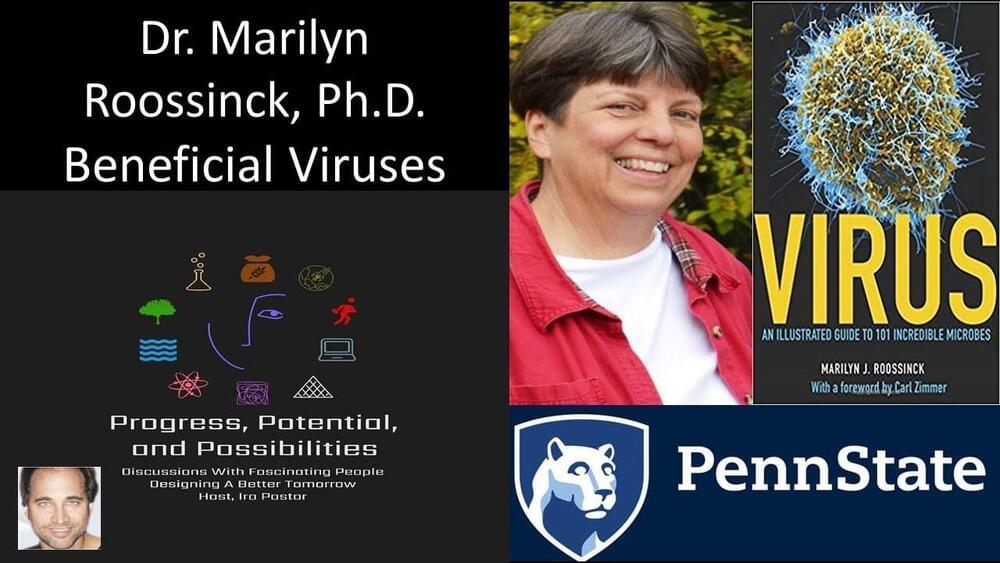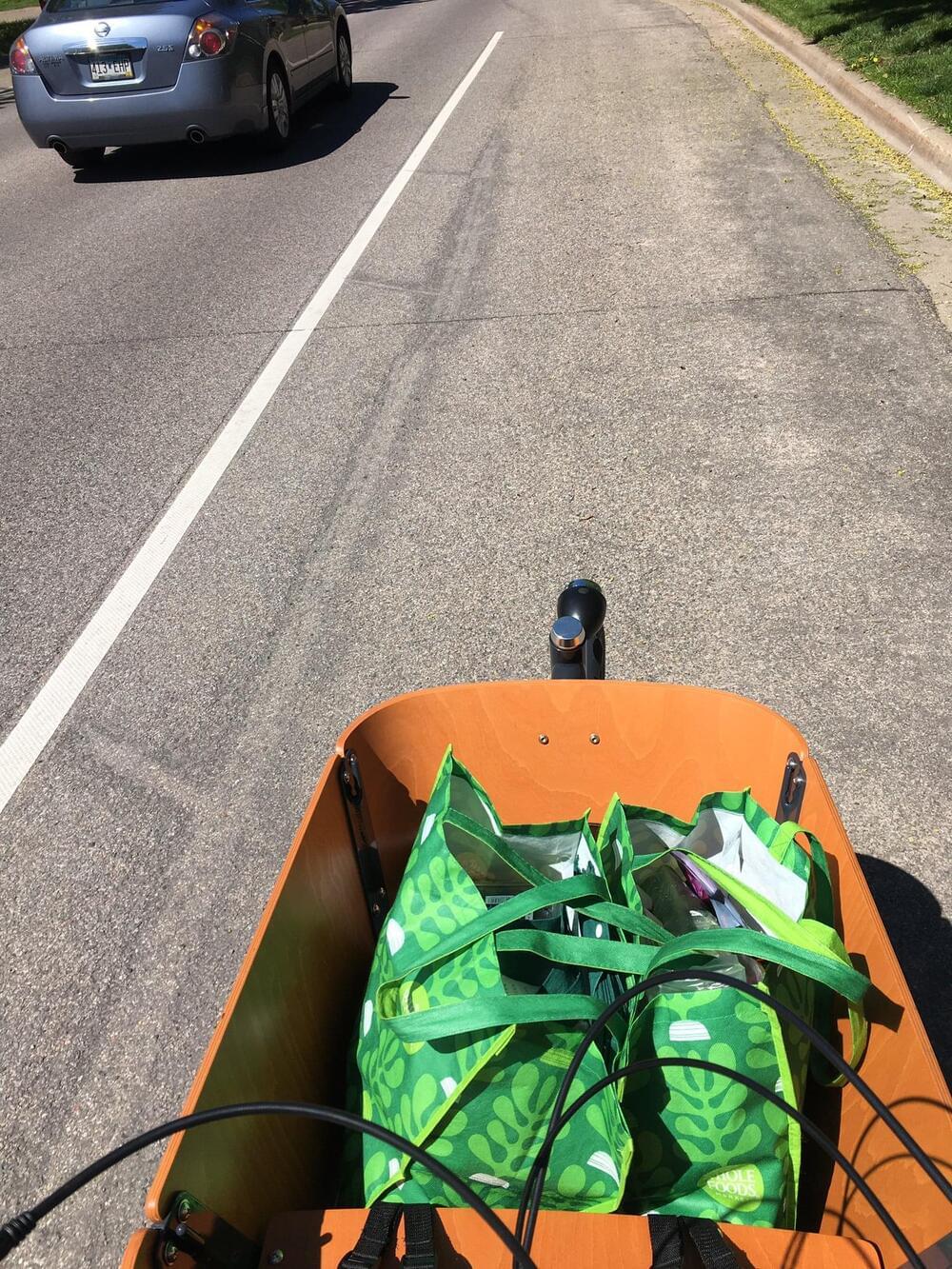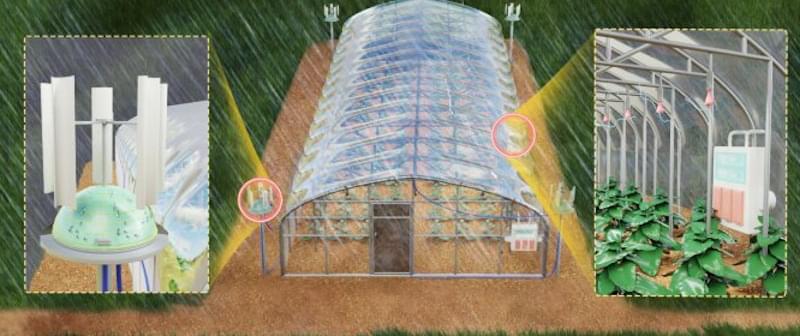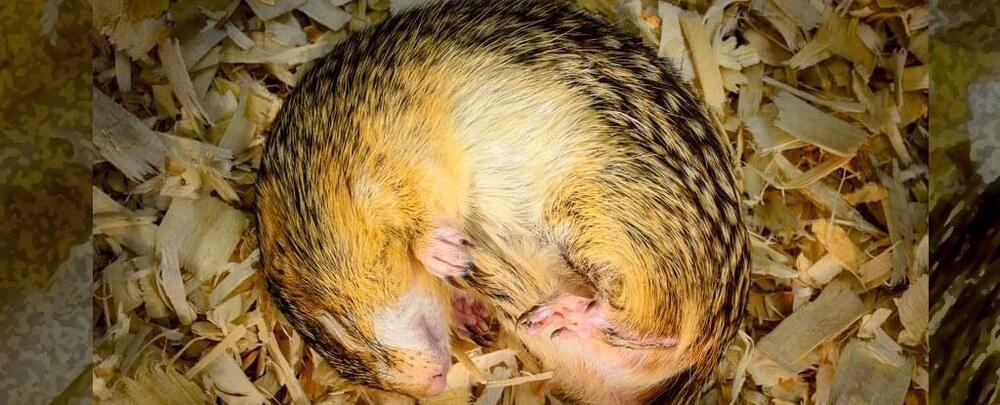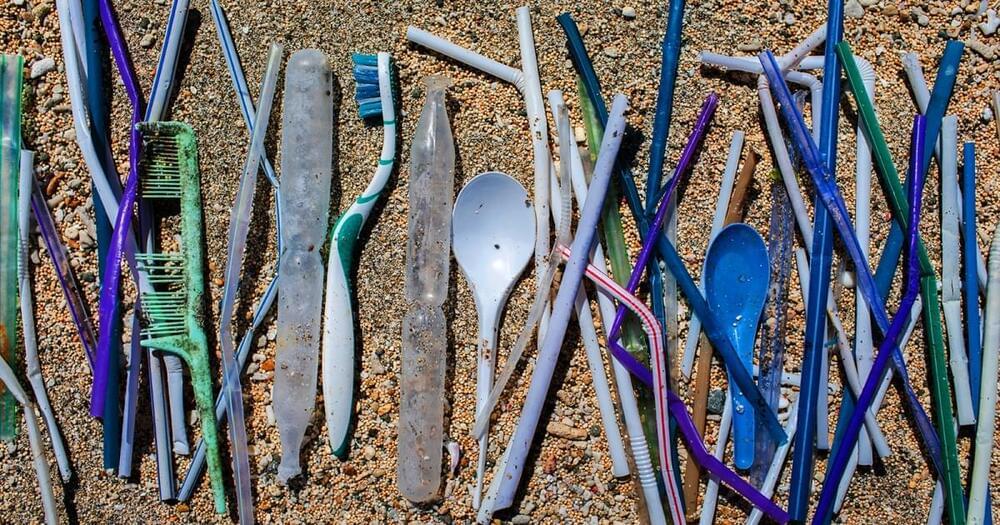Feb 2, 2022
Dr. Marilyn Roossinck, Ph.D. — Beneficial Viruses — Professor Emeritus, Penn State University
Posted by Ira S. Pastor in categories: biotech/medical, education, evolution, food, health
“Beneficial Viruses” For Human Health, Agriculture And Environmental Sustainability — Dr. Marilyn Roossinck, Ph.D., Professor Emeritus, Penn State
Dr. Marilyn Roossinck Ph.D. (https://plantpath.psu.edu/directory/mjr25) is Professor Emeritus of plant pathology, environmental microbiology and biology at Penn State University.
